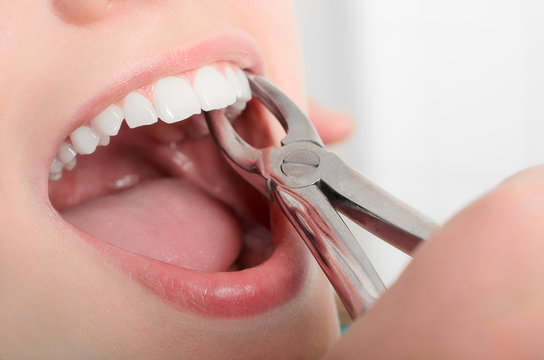The Cost of Tooth Extraction: Navigating the Financial Maze
Tooth extraction, also known as tooth removal, is a common dental procedure performed to address various dental issues like severe tooth decay, infection, impaction, or preparation for orthodontic treatment (braces). While the procedure itself is relatively straightforward, the associated cost can be a significant concern for many patients. This comprehensive guide delves into the factors influencing the cost of tooth extraction and provides tips for navigating the financial aspects of this procedure.
Factors Affecting Tooth Extraction Costs
The total cost of tooth extraction can vary considerably depending on several factors. Here’s a breakdown of the key elements that influence the price tag:
- Complexity of the Extraction:
- Simple Extraction: Removing a visible tooth above the gum line is considered a simple extraction and typically carries a lower cost.
- Surgical Extraction: Impacted teeth (stuck below the gum line or bone) or wisdom teeth often require a surgical extraction, which is a more complex procedure and generally more expensive. This may involve additional steps like making an incision in the gum tissue and potentially removing bone to access the tooth.
- Type of Anesthesia:
- Local Anesthesia: This numbs the area around the tooth being removed and is the most common and cost-effective option.
- Nitrous Oxide (Laughing Gas): This can be used in conjunction with local anesthesia to help manage anxiety during the procedure and may add to the overall cost.
- General Anesthesia: This renders you completely unconscious and is typically reserved for complex surgeries or patients with significant dental anxiety. General anesthesia is the most expensive option due to the additional monitoring and medications involved.
- Geographic Location: Costs for dental procedures can vary significantly depending on the geographical location. Areas with a higher cost of living generally have higher dental fees.
- Dentist or Oral Surgeon: The experience level and expertise of the dentist or oral surgeon performing the extraction can also influence the cost. Oral surgeons typically have additional training and may charge more for their services compared to general dentists.
- X-rays and Diagnostic Tests: Dental X-rays or other diagnostic imaging may be needed to assess the tooth’s condition and plan the extraction process. These additional tests can add to the overall cost.
- Facility Fees: Some dental clinics or hospitals may have additional facility fees to cover overhead costs like equipment, sterilization, and staff.
Here’s a general cost range for tooth extraction to provide a starting point (keep in mind these are estimates and actual prices may vary):
- Simple Extraction: $75 – $200 per tooth
- Surgical Extraction: $800 – $4,000+ per tooth (depending on complexity)
Remember: These are just estimates, and the actual cost for your specific case can differ. It’s crucial to consult with your dentist for an accurate quote that considers all the relevant factors mentioned above.
Tips for Managing the Cost of Tooth Extraction
- Get a Pre-Treatment Consultation: Schedule a consultation with your dentist to discuss the extraction, including the specific procedure planned, type of anesthesia, and the estimated cost breakdown. This transparency allows you to plan your finances accordingly.
- Explore Insurance Coverage: Many dental insurance plans cover a portion of the cost of tooth extraction. Check your specific plan details to understand your coverage and any limitations.
- Consider Alternative Payment Options: Some dental practices offer flexible payment plans or financing options to help manage the cost.
- Compare Costs: If possible, get quotes from several dental providers in your area to compare pricing and find a cost-effective option that aligns with your needs.
Frequently Asked Questions (FAQ)
Q: What if I don’t have dental insurance?
- A: If you don’t have dental insurance, consider exploring alternative payment options offered by your dentist or oral surgeon. Some clinics may have discounts for self-pay patients or offer payment plans. Additionally, some local dental schools or charity clinics may provide discounted or free dental services to eligible individuals.
Q: Is it cheaper to get a tooth pulled at a dental school?
- A: Dental schools often offer lower-cost dental services performed by supervised students under the guidance of qualified dentists. This can be a cost-effective option, but wait times might be longer, and the process may take more time due to the educational component.
Q: Can I negotiate the cost of tooth extraction with my dentist?
- A: While not always common, in some cases, you may be able to negotiate the fees, especially if you are a self-pay patient. It’s worth having a conversation with your dentist to understand if any flexibility exists regarding the cost.

